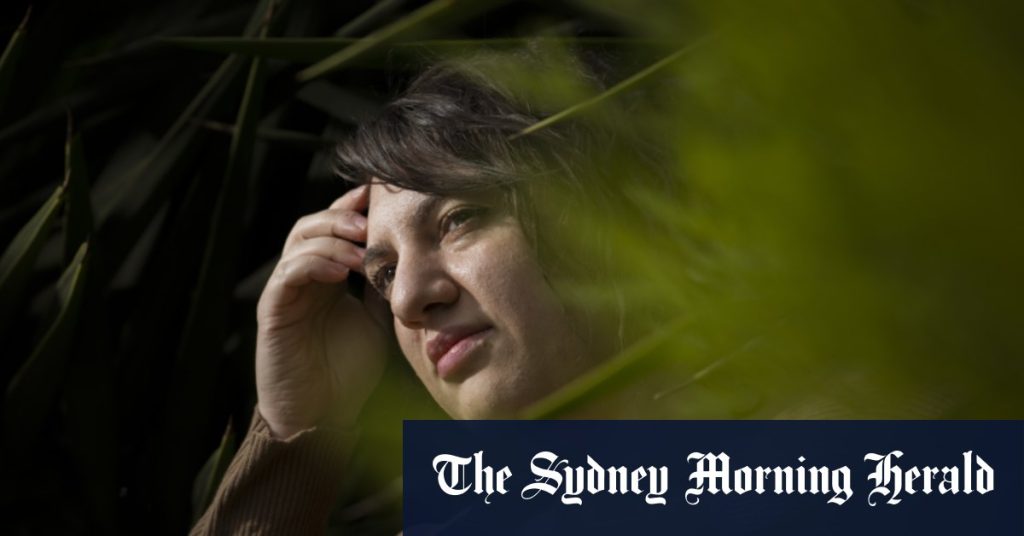In Victoria, potential sperm and egg donors must go through a rigorous screening process that includes health assessments, family medical history, and counseling to ensure they are healthy and prepared for donation. Once approved, sperm donors can donate in a private room at the Royal Women’s Hospital, while egg donors undergo hormone injections before their eggs are retrieved. The donated sperm and eggs are quarantined and screened for infections such as HIV before becoming available for use.
There is a significant demand for egg and sperm donations in Victoria, with 120 public patients waiting for egg donations, over 200 waiting for sperm, and 16 waiting for both. The first batch of donations from the public bank is expected to become available to patients in the coming months. This includes patients like Daniela, a 35-year-old undergoing cancer treatment who will require a surrogate to carry her baby due to her ongoing treatment. Daniela shared her desire to have a child and the hope that the public bank offers her in fulfilling that dream.
Health Minister Mary-Anne Thomas highlighted the selflessness of egg and sperm donors, stating that becoming a life-maker gives more Victorians the chance to have a child and grow a family. Dr. Karin Hammarberg, a senior research fellow at Monash University, suggested that offering modest payments to donors, as done in the UK, could encourage more people to consider donation. She also mentioned that the shortage of donors in Australia is leading people to seek donations overseas, often in countries where donors remain anonymous, potentially leaving children without knowledge of their biological origins.
Medical director of Monash IVF, Luk Rombauts, acknowledged the increasing need for sperm donors in Australia, particularly among same-sex families and solo women wanting to have children. While patients at private clinics have swift access to donor sperm, those with specific preferences may need to wait longer for a perfect match based on factors such as ethnicity, eye color, and height. Rombauts emphasized the importance of properly screened sperm over specific donor characteristics, as clinics are all competing for the same population of healthy male donors.
The state government’s initiative to increase access to donor eggs and sperm in Victoria was supported by Hammarberg, who stressed the importance of ensuring children have knowledge of their biological origins. She noted the need for easier access to donor gametes within the country to prevent people from seeking donations overseas where anonymity may be a concern. Individuals interested in donating eggs or sperm can visit the Royal Women’s Hospital website for more information on how to help Victorians start their families through donation.
Overall, the efforts to expand access to donor eggs and sperm in Victoria aim to meet the growing demand and provide more individuals, like Daniela, with the opportunity to fulfill their dreams of starting a family. With a focus on ensuring the health and well-being of donors and recipients, as well as the importance of maintaining biological connections, this initiative aims to address the challenges faced by those seeking assisted reproductive treatments in the region.


